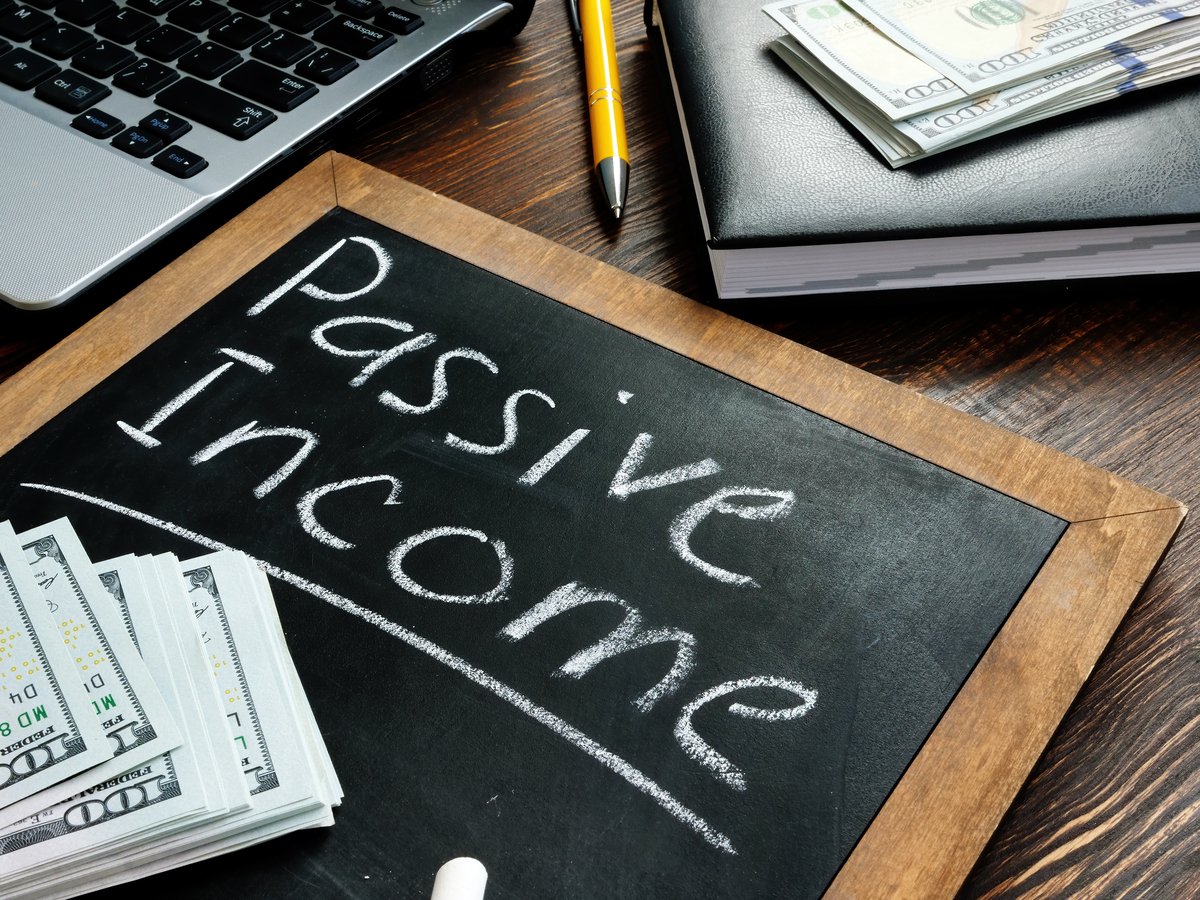
Image Source: McDonald's.
McDonald's (MCD 0.08%) just opened up a new restaurant in Paris, but it would hardly be recognizable to fans of the chain's burgers and fries.
The new Parisian restaurant, branded as a McCafe-only location, more closely resembles a Starbucks (SBUX +0.22%) than a traditional McDonald's. The cafe offers coffee and pastries such as macaroons, cupcakes, tiramisu, and other treats, and is noticeably devoid of the golden arches and McDonald's logos, favoring a subdued McCafe motif instead.
The new cafe is the latest part of an experiment the company began last December when it opened its first stand-alone McCafe in Toronto. That location also featured a breakfast-oriented menu and lacked the chain's standard burgers and fries. McDonald's Canada CEO John Betts said that customers had been craving a stand-alone McCafe.
"We're putting the café in McCafé and making the brand a destination in its own right. The new stand-alone McCafé locations allow us to build on our strong coffee credentials and create even stronger connections with our brand by offering our guests the more complete café menu they've been asking us for."
Wake up and smell the coffee
With more than 36,000 restaurants worldwide, McDonald's may be approaching a saturation point with its core brand. The company closed more locations in the U.S. than it opened last year for the first time since 1970, and same-store sales have been volatile as the company struggles with the rise of fast casual chains in the U.S. and food safety scandals in Asia.
Fast food chains have had mixed results in recent years, but one sector of the restaurant industry continues to thrive: coffee. The retail coffee industry is estimated to bring in $46 billion in revenue in 2016, and it is growing by about 4% a year.
No other company better exemplifies the growth in coffee than Starbucks. The coffee giant posted 22 quarters in a row of 5% comparable sales growth or better, a streak that came to an end this past quarter when comps slowed to 4%. That streak is unrivaled in restaurants, and during that time, earnings per share for the Seattle company more than doubled. Starbucks also shows no sign of slowing down, promising to open 500 stores a year for the next five years in China and another 1,900 new stores worldwide in this year alone.
Macroeconomic factors are also providing a tailwind for coffee consumption. As Americans and other consumers turn away from soda and other sugary beverages, coffee has become a natural replacement, and the drink has become a cornerstone of foodie culture in the U.S., indicating consumption should grow as millennials get older.
A rich opportunity
Between Starbucks, Dunkin' Donuts, and Tim Hortons, there are about 25,000 coffee shops in North America, and that doesn't include independent operators or convenience-store coffee retailers like 7-11.
McDonald's has been operating the McCafe line for more than 20 years, launching it in Australia in 1993 and bringing it to the U.S. in 2001, but giving the concept its own stores makes the most sense. Espresso drinks are poor complements for burgers and fries, and McCafe stores would help present the line as a distinct brand, where it would have a better chance of building a loyal customer base. Coffee shops can also fit into smaller store footprints than traditional McDonald's, allowing the company to save on occupancy costs. And it isn't hard to imagine McCafe kiosks, like Starbucks kiosks, succeeding in malls, college campuses, and other stores, places where a full-size store is unnecessary. Should the company wish to franchise the McCafes, it already has a built-in base of operating partners to tap.
McDonald's intentions with the stand-alone McCafes are unclear, but it seems to sense an opportunity. In a giant, still growing market, a McCafe would seem to be able to find its own way.







